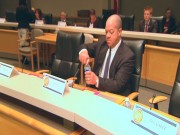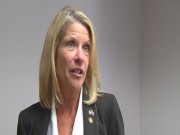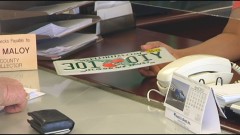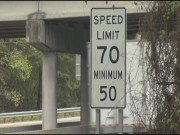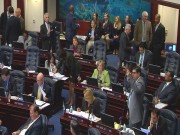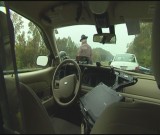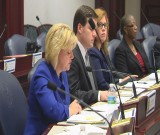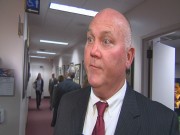License Tag Refunds Not in Law
March 31st, 2014 by flanewsRenewing you car tag after September first will cost you less than last year. Small car fees will go down by five dollars. Mid size by eight, and large vehicles by $11.50.
Since September of last year, nearly 600,000 people have purchased a two-year sticker, pushing their renewal into 2015 and some in to 2016. Legislation ordering the lower rates specifically says there will be no refunds.
“I call it a shame,” said Rep Janet Cruz (D-Tampa). “A dirty shame.”
But a number of lawmakers like Tampa’s Janet Cruz are crying foul.
“I’m happy that the tax is being reduced,” said Cruz, “but I think that we need to take a look at those folks that bought a two-year tag that were offered by us.”
Even the original Republican sponsor is raising his eyebrows.
When asked if they deserved a refund, Rep. Mike Hill (R-Pensacola) responded,
“Oh, I would think so. I’m just glad we can at least press on, press forward with getting it done. But you’re right that is an issue with those who have paid for two years. What about them?”
Giving everyone a refund who has at least a year left on their tag when rates go down in September will cost the state about 15 million dollars.
Debbie Mayfield (R-Vero Beach) voted for the hike at the height of the recession back in 2009. She says a refund is worth studying…but:
“Some of the people that had renewed their license for the two-year period, therefore they paid the lower fee for two years at the time other people paid the increase. And now it’s just going back the opposite way,” said Mayfield.
Governor Rick Scott has scheduled a bill signing for Wednesday.
Posted in Sink, State News, Transportation |  Comments Off on License Tag Refunds Not in Law
Comments Off on License Tag Refunds Not in Law







